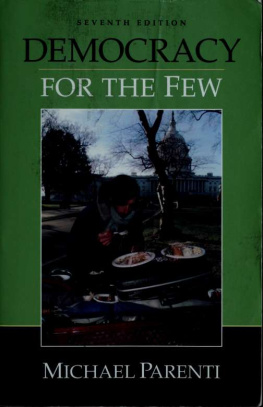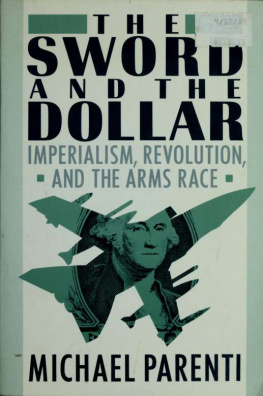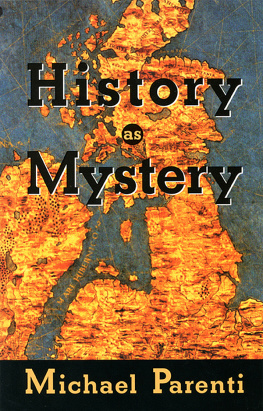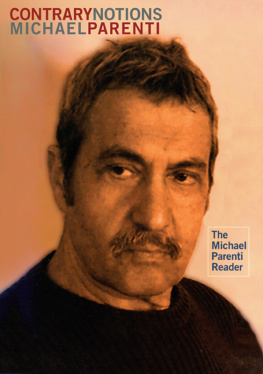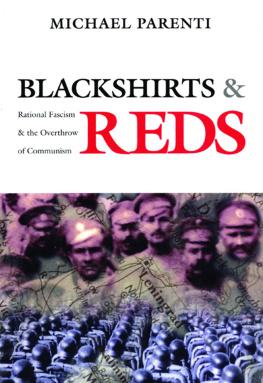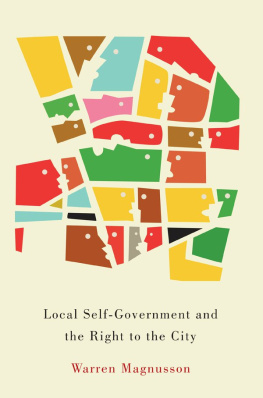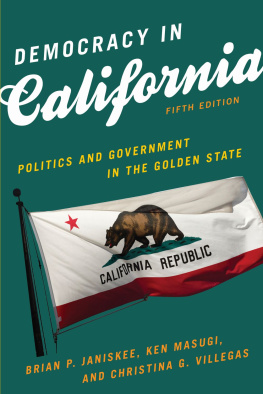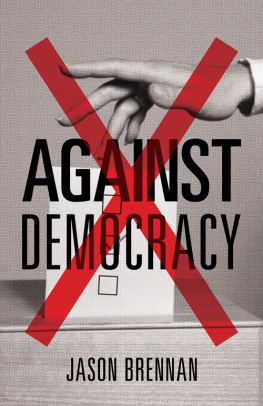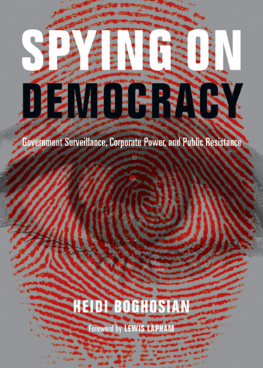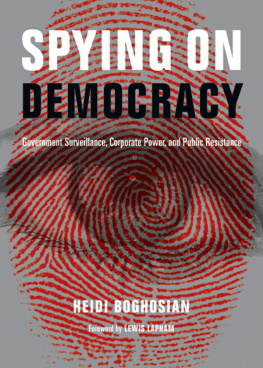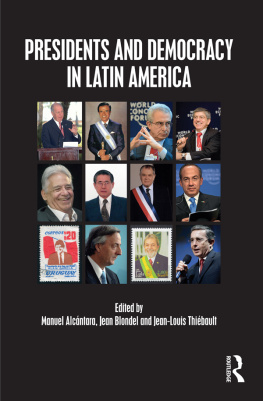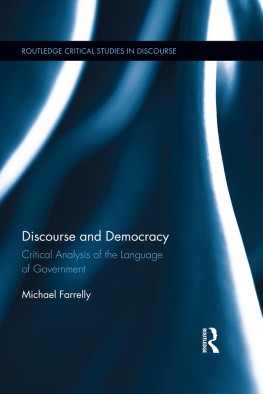This book made available by the Internet Archive.
To Sally Soriano, because she fights for social justice
Preface
The study of politics is itself a political act, containing little that is neutral. True, we can all agree on certain neutral facts about the structure of government and the like. However, the book that does not venture much beyond these minimal descriptions will offend few readers but also will interest few. Any investigation of how and why things happen draws us into highly controversial areas. Most textbooks pretend to a neutrality they do not really possess. While claiming to be objective, they are merely conventional or evasive, ignoring the darker side of U.S. political life.
For decades, mainstream political scientists and other apologists for the existing social order have tried to recast practically every deficiency in the U.S. political system into a strength. They would have us believe that the millions who are nonvoters are content with present social conditions, that high-powered lobbyists are nothing to worry about because they perform an informational function vital to representative government, and that the growing concentration of executive power is a good thing because the president is democratically responsive to broad national interests rather than special interests. Mainstream apologists have argued that the exclusion of third parties is really for the best because too many parties (that is, more than two) would fractionalize and destabilize our political system, and besides, the major parties eventually incorporate into their platforms the positions raised by minor partieswhich is news to any number of socialist and other reformist parties whose views have remained unincorporated for generations.
Reacting to the mainstream tendency to turn every vice into a virtue, some radical critics of the status quo have felt compelled to turn every virtue into a vice. Thus they have argued that electoral struggle is meaningless, that our civil liberties are a charade, that federal programs for the needy are next to worthless, that reforms are mostly sops to the oppressed, and that labor unions are all complacent and collaborationist with management. These critics have been a much needed antidote to the happy pluralists who painted a silver lining around every murky cloud. But they are wrong in seeing no victories, no real progress in the democratic struggles fought and won.Are the bombings proving effective?
Democracy for the Few tries to strike a balance; it tries to explain how democracy is incongruous with modern-day capitalism and is consistently violated by a capitalist social order, and yet how popular forces continue to fight back and sometimes even make gains.
Democracy for the Few offers an interpretation that students are not likely to get in elementary school, high school, or most of their college courses, nor in the mass media or mainstream political literature. There are political scientists who spend their entire lives writing about American government, the presidency, and public policy without ever once mentioning capitalism, a feat of omission that would be judged extraordinary were it not so commonplace. In this book I talk about that forbidden subject, capitalism, the better to comprehend the underpinnings of the political system we are studying. It may come as a surprise to some academics, but there is a marked relationship between economic power and political power.
I have attempted to blend several approaches. Attention is given to traditional political institutions such as the Congress, the presidency, the bureaucracy, the Supreme Court, political parties, elections, and the law enforcement system. But these formal features of American government are placed in an overall framework that relates them to the realities of class power and interest.
In addition, this book devotes attention to the foundations and historical development of American politics, particularly in regard to the making of the Constitution, the growing role of government, and the political culture. The major eras of reform are investigated with the intent of developing a more critical understanding of the class dimension in American politics, the struggle waged by democratic forces, and the difficulties of reform.
Herein we will critically investigate not only who governs, but also who gets whatin other words, the outputs of the system. Instead of concentrating solely on the process of government, as do many texts, I also give attention to the content of actual government practices. Thus a major emphasis is placed throughout the book on the political economy of public policy. The significance of government, after all, lies not in its abstracted structure as such, but in what it does and how its policies affect people at home and abroad. I have included a good deal of public-policy information of a kind not ordinarily found in standard texts, first, because students and citizens in general tend to be poorly informed about politico-economic issues, and second, because it makes little sense to talk about the policy process as something abstracted from actual issues and content, divorced from questions of power and interest. This descriptive information, however, is presented with the intent of drawing the reader to an analysis and an overall synthesis of U.S. political reality.
This book takes what some would call a structural approach. Rather than treating political developments as the result of happenstance or the contrivances of particular personalities or idiosyncratic events, I try to show that most (but not necessarily all) of what occurs is the outcome of broader configurations of power, wealth, class, and institution as structured into the dominant political organizations, the economy, and the society itself.
Unfortunately there are some individuals who believe that a structural analysis demands that we treat conspiracies as imaginary things and conscious human efforts as of no great consequence. They go so far as to argue that we are all now divided into two camps, which they call structuralists and conspiracists. In this book I consider conspiracies (by which most people seem to mean secret, consciously planned programs by persons in high places) to be part of the arsenal of structural rule. No structure and no system exists without human agency Ruling elements must consciously strive to maintain and advance the conditions of their hegemonic rule. The larger social formation and broader forces do not operate like mystical abstracted entities. They are directed by people who deliberately pursue certain goals, using all sorts of methods of power, including propaganda, persuasion, elections, fraud, lies, fear, incitements, coercion, concessions, and sometimes even secrecy and concerted violence and other criminal ploys. Watergate and Iran-contra are only two of the better publicized instances of this kind of criminal conspiracy in high placesundertaken in the service of structural interests. Rather than seeing conspiracy and structure as mutually exclusive, we might consider how the former is one of the instruments of the latter. Some conspiracies are imagined, some are real. And some of the real ones are part of the existing political structure, not exceptions to it.

